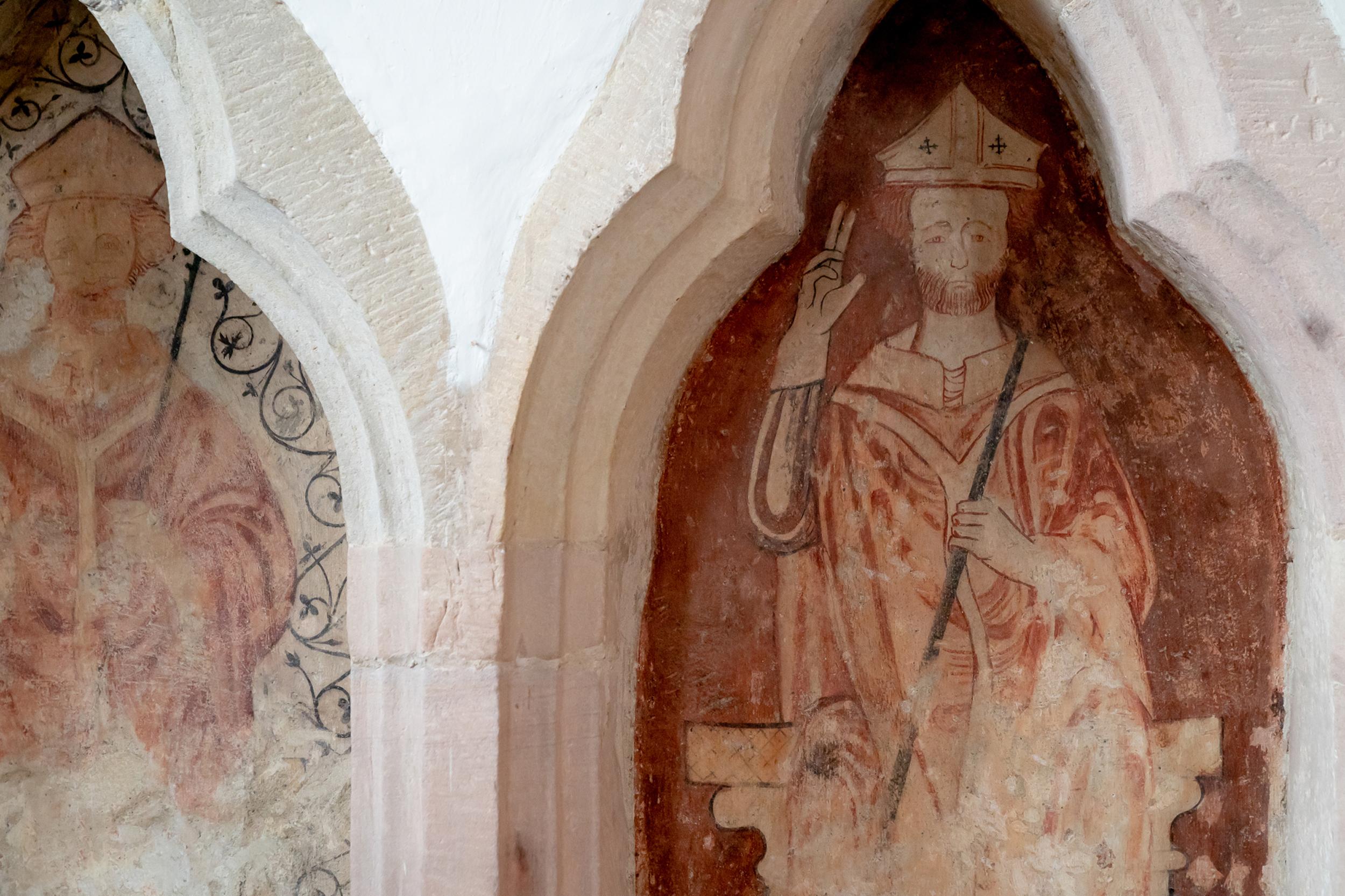
How you can leave a gift in your Will
What is a gift in a Will?
A gift in a Will allows you to take care of the people and causes closest to your heart after you have gone. It ensures that your money, assets and possessions are passed on faithfully to your beneficiaries. Some decide that they want to leave all or part of their estate to charity - it is often the largest gift many individuals make, but these gifts, no matter the size, help us to continue our work protecting the churches, chapels and meetings places most at risk in the UK.
To write your Will we suggest you contact a local solicitor who can draw up your Will and ensure there are no complications.
The Law Society’s website can help you to locate a solicitor in your area is you need help:
Types of Gift (or Bequest)
There are two main ways of leaving a gift in your Will.
Pecuniary gifts are a straightforward cash gift of a specific amount of money. If you would like to leave a pecuniary gift to the National Churches Trust you many find the following wording helpful:
“I give to the National Churches Trust of 7 Tufton Street, London SW1P 3QB, registered charity number 1119845 the sum of £…”
A residuary legacy is a gift of all, or a percentage of your estate after all individual gifts, debts and liabilities have been paid. If this is what you would like to do, the following wording might be helpful:
“I give all (or a …% share) of the residue of my estate to the National Churches Trust of 7 Tufton Street, London SW1P 3QP, registered charity number 1119845.”
Before you visit the solicitor
Before your meeting it is a good idea to list your assets and any liabilities. For example: bank accounts, property, insurance policies, any specific items of value and any debts, mortgages or loans you may have.
You need to decide who you would like to be your executor. This is the person that ensures that your wishes are carried out properly. You could appoint a family member, friend or your solicitor, and it does not matter if the executor benefits from a gift in your Will.
Amending your Will
We understand that circumstances can change and you may need to amend your Will. If you have already made your Will and wish to make a change to it, you can write a Letter of Wishes. This provides your executors with some further guidance and reflections on how you would like your estate handled. A Letter of Wishes is not a legally binding document but instead accompanies your Will as another form of support for your executors. We recommend talking to your solicitor about drafting this.
Inheritance Tax explained
It’s not always known that a gift made to a charity in a Will is tax free. The value of the gift will be deducted from your estate before Inheritance Tax is worked out. More information can be found on the GOV.UK’s website:
https://www.gov.uk/inheritance-tax
Unfortunately, we cannot give advice about tax exemptions. We recommend talking to your solicitor about the tax subject to your estate.
What to do if you have left us a gift in your Will
Thank you very much for deciding to leave the National Churches Trust a gift in your Will. Your support will ensure we can continue to care for our remarkable church heritage and see that it is passed on to future generations.
Please let us know that you are intending to leave us a gift in your Will. This allows us to plan for the future and make sure that you are thanked for your generosity within your lifetime.
You can let us know by email, legacy@nationalchurchestrust.org or telephone, 020 7222 0605.

Request our Guide to Gifts in Wills
For more information on Gifts in Wills request our helpful Guide which covers everything you need to know about leaving a gift in your Will to the National Churches Trust.
Gifts in Wills